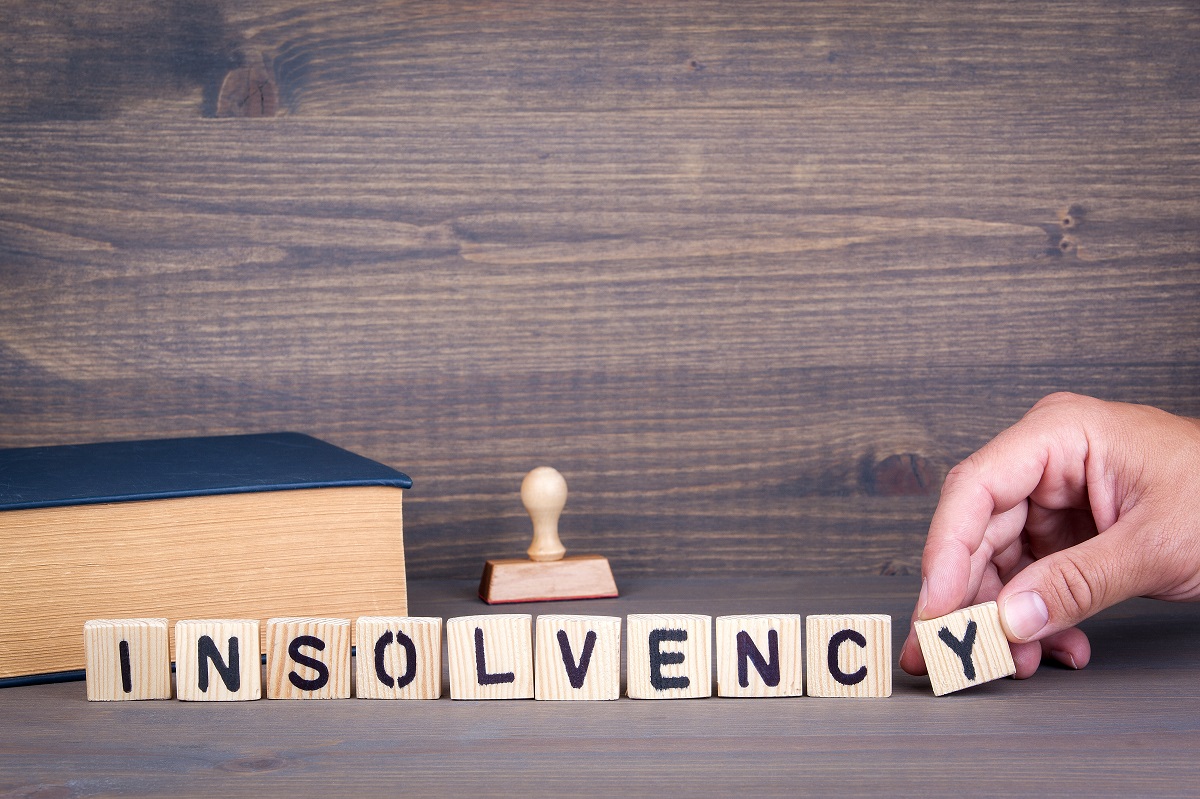Not known Details About Insolvency Practitioner
Not known Details About Insolvency Practitioner
Blog Article
Not known Facts About Insolvency Practitioner
Table of ContentsThe 45-Second Trick For Insolvency PractitionerA Biased View of Insolvency PractitionerFascination About Insolvency PractitionerGetting The Insolvency Practitioner To WorkRumored Buzz on Insolvency Practitioner
Whether you require to use a bankruptcy practitioner (IP) to liquidate your firm relies on different factors. While engaging a bankruptcy professional for all forms of liquidation is not a lawful need, doing so can typically improve the procedure and make certain compliance with lawful requirements. Liquidating a firm is a crucial choice that includes significant consequences.
It is a procedure used when a firm does not have any lenders, or all of their financial institutions can be paid off in complete with statutory interest. Comprehending the various kinds of insolvency procedures can help you figure out the very best strategy for your business's liquidation or various other formal bankruptcy treatments itself.
This is obligatory in order to stick to legal demands - Insolvency Practitioner. This is due to the fact that IPs have the necessary credentials and experience to guarantee that the liquidation procedure is conducted in conformity with all appropriate legislations and laws. By involving a licensed bankruptcy practitioner, you can have assurance recognizing that your firm's liquidation process will be managed expertly and in compliance with the appropriate legal requirements
Top Guidelines Of Insolvency Practitioner
The bankruptcy practitioner is appointed as a liquidator and is in charge of taking care of the firm and liquidator's debts outstanding responsibilities and properties. This procedure includes selling the firm's properties and dispersing the proceeds to creditors. Upon completion of the process, the company is gotten rid of from the register at Firms Home.
Failing to do so can lead to individual obligation for the firm or director for the financial institution's financial debts. Voluntary liquidation, which includes Financial institutions' Volunteer Liquidation (CVL) and Members' Volunteer Liquidation (MVL), is started by the firm's supervisors and shareholders when they can no more pay their financial obligations. In a CVL, the insolvency practitioner is marked as the liquidator, accountable for handling company financial debts and all company properties.
.jpg)
Insolvency Practitioner Fundamentals Explained
By assessing the competence and experience of potential bankruptcy experts, you can make certain that you choose an expert who has the necessary certifications to manage your company's liquidation procedure efficiently. While bankruptcy practitioner-led liquidation is usually one of the most proper strategy for firms facing bankruptcy, there are alternate techniques to take into consideration, such as striking off and partial liquidation.
It's vital to review all offered choices before selecting the following finest service or strategy for your organization. Striking off firms' registers is a much more simple and cost-effective method to shut dormant or tiny business with no financial debts or assets. To strike off a firm, its name is gotten rid of from the Companies Residence register by submitting kind DS01.
Prior to going find out this here with striking off, it's essential to evaluate the advantages and disadvantages of this strategy and think about whether it's the best choice for your business. Partial liquidation is an additional choice to bankruptcy practitioner-led liquidation, in which a company liquidates specific assets and responsibilities while remaining to run with the continuing to be properties and liabilities.
A Bankruptcy Professional will certainly be able to suggest you of the ideal strategy to take and guarantee that every little thing runs smoothly. However, it is not feasible to sell off a business without a liquidator. Assigning an authorized bankruptcy practitioner is required for the procedure of voluntary liquidation to start.
The Ultimate Guide To Insolvency Practitioner
It is feasible to close and liquidate your firm without using a liquidator, offered your firm is solvent and you meet the qualification needs to liquify or liquidate it. Nevertheless, if your business is financially troubled, you might be needed to utilize a liquidator and start formal insolvency treatments. Here are a few other useful short articles relating to firm liquidation in the UK:.
Remaining in a setting where you're not able to pay your firm's financial institutions is exceptionally demanding. In an effort to stay clear of raising the degree of debt, several firms attempt to negotiate directly with their financial institutions and concur to a casual setup. If the debt is fairly little and owed to one financial institution, and the lender is being participating, becoming part of an casual financial debt setup is probably the most effective remedy, instead of searching the web for 'a bankruptcy professional near me'.
On the various other hand, if there are multiple financial institutions and the level of try here debt is big, financial institutions might not be so willing or participating. In order to avoid liquidation or insolvency, it is far better to employ an insolvency expert to draw up official proposals and negotiate with creditors on your behalf.
Getting My Insolvency Practitioner To Work
Whilst it is this post a method to manage financial obligation, there are considerable threats included with this sort of financial debt plan - Insolvency Practitioner. If a lender agrees to get in into a casual setup (IA) wherein the borrower has concurred to make regular, if lower, repayments to settle the debt, it is very important to stay with the contract

The financial institution is within their civil liberties to back out of the agreement and petition the courts for your business to be sold off at any kind of time. An official setup that has actually been proposed by an insolvency expert in your place, and agreed by a financial institution, gives a much more secure choice.
Report this page